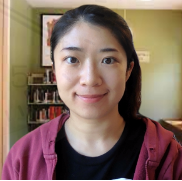Back to Top
2022-23 Graduate Student Fellows Announced
The Initiative to End Family Violence (IEFV) is pleased to announce our Graduate Student Fellows, who will each receive funding for research on family violence during the 2022-23 academic year.
The IEFV Graduate Student Fellowship was created to support graduate students whose research has the potential to prevent, intervene in, or end family violence.
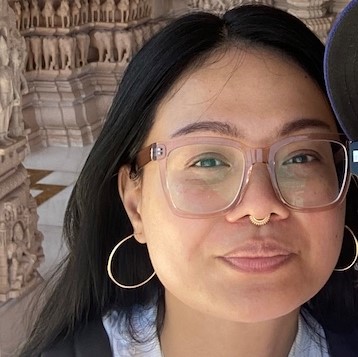
Jenilene Francisco (she/her), Department of Political Science
WWII’s Forgotten Grandmothers and The Politics of Resistance – From Warfare to Times of Peace
Formed in response to the perceived Philippine state’s neglect of WWII’s survivors of sexual violence euphemistically named “comfort women,” Lila Pilipina (League of Filipino Women) seeks to regain the silenced narrative of WWII’s sexual violence. Interviews with the surviving “comfort women” suggest a connection between society’s perception of sexual violence and unhealed trauma. For instance, a 2018 interview with Lola (Grandmother) Estelita highlights the sense of personal shame that comes with being a victim of militarized sexual violence that often results in silence. "I was ashamed of myself once again. I thought she [Lola Rosa] should have just stayed silent," Lola Estelita says in response to the early advocacy of "comfort women" in the 1990s. This raises important questions regarding the intersection of gender-based violence and trauma associated with public and state dismissal. My research project asks the following questions: How do Filipina women articulate their experiences of militarized, gender-based violence vis-à-vis each other, within their organizations, and to the state and the public? And how does their advocacy affect ongoing forms of militarized violence against women during so-called “times of peace?”
With funding from UCI’s Initiative to End Family Violence, I plan to conduct semi-structured interviews and participant observation with Lila Pilipina. I will interview the survivors and employees, and this will be conducted in two parts. The first will focus on the organization's inner workings and the background of survivors and employees. The second part will focus on how that understanding of political resistance translates into advocacy and interactions with the public and the Philippine state.
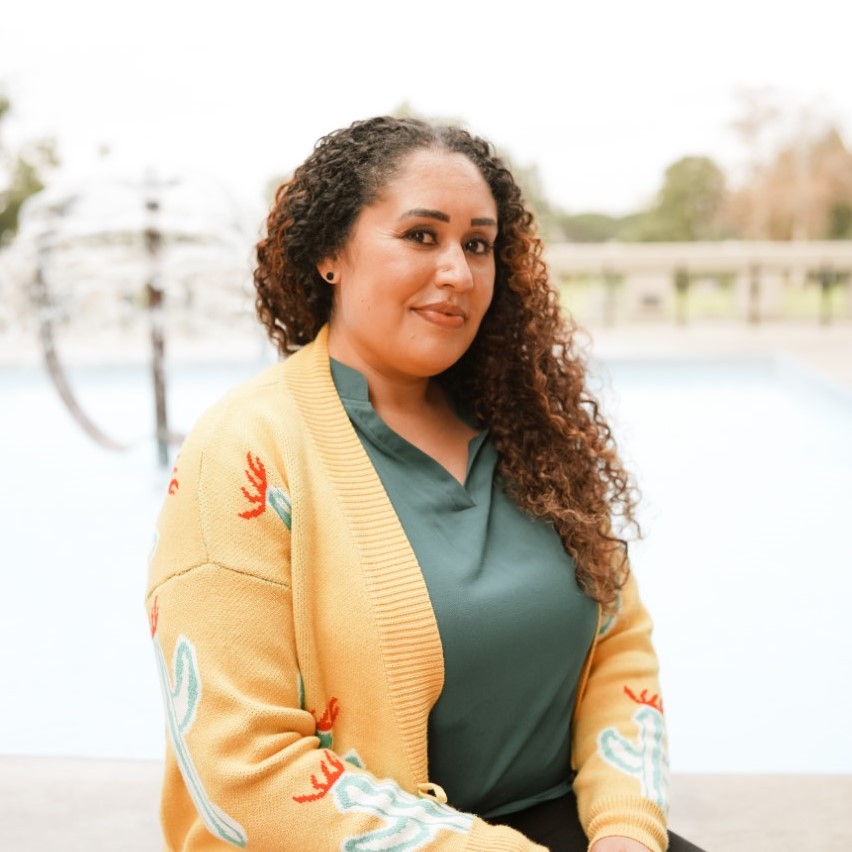
Veronica Valencia Gonzalez (they/them/she/her), Department of Criminology, Law, and Society
Exploring Conceptions of Intimate Partner Violence in Rural Mexico
Worldwide 1 in 3 women experience intimate partner violence (IPV) (WHO, 2017). However, women in some locations are more likely to experience IPV than others because cultural and social norms influence views on violence and its use (WHO, 2009). These norms and customs may then, in turn, influence how violence is viewed and experienced by victims (and perpetrators) and the available means of redress. Nevertheless, despite the impact of cultural and social norms and values on the perceptions of violence in a community, these are not necessarily considered in the definitions created by multinational organizations and utilized to track IPV rates worldwide. Perhaps this lack of cultural insight may help explain the gap between the self-reported rates of IPV and the rates at which IPV is reported to law enforcement. For example, in Mexico, 44.8% of women in a relationship have experienced IPV by their partner (Government of Mexico, 2016). Nevertheless, less than 22% of women who experience violence report it to authorities (INEGI, 2008). This project has two aims: 1) to illuminate how definitions of IPV are disseminated; 2) to elucidate how IPV is understood in rural Mexico.
Funds will be used to secure private and secure interview space and to compensate participants.
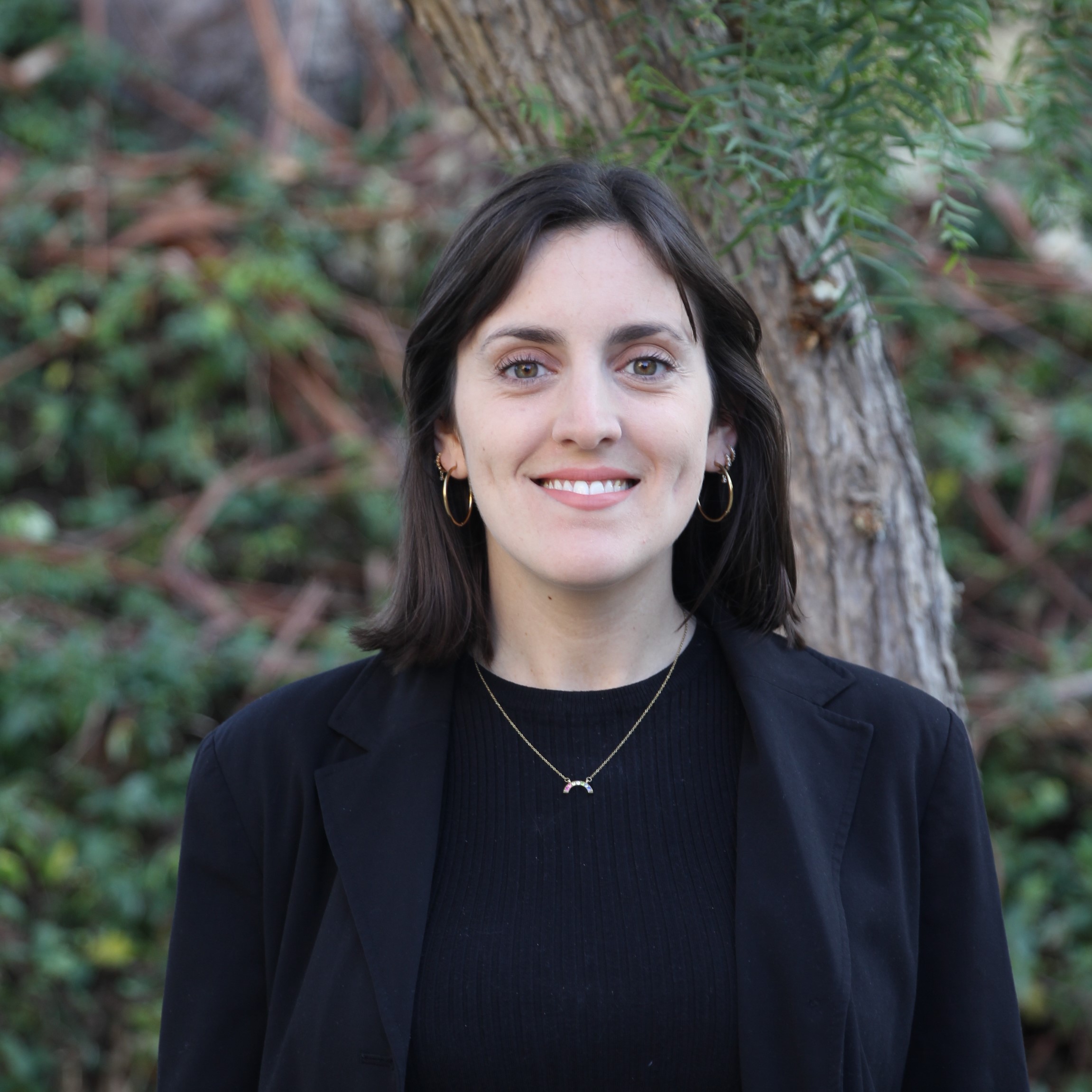
Daniela Kaiser (she/her), Department of Criminology, Law, and Society
Macro and Micro Determinants of Family Involvement with the Child Welfare System
I will employ the fellowship funds to attend the Fragile Families Summer Data Training Workshop organized by Princeton University. This will be of great use since I am employing data from the Fragile Families and Child Wellbeing Study and will therefore benefit greatly from the opportunity to discuss my research with scholars who also utilize this data. I will also utilize the funds to acquire academic literature that is relevant to my project.
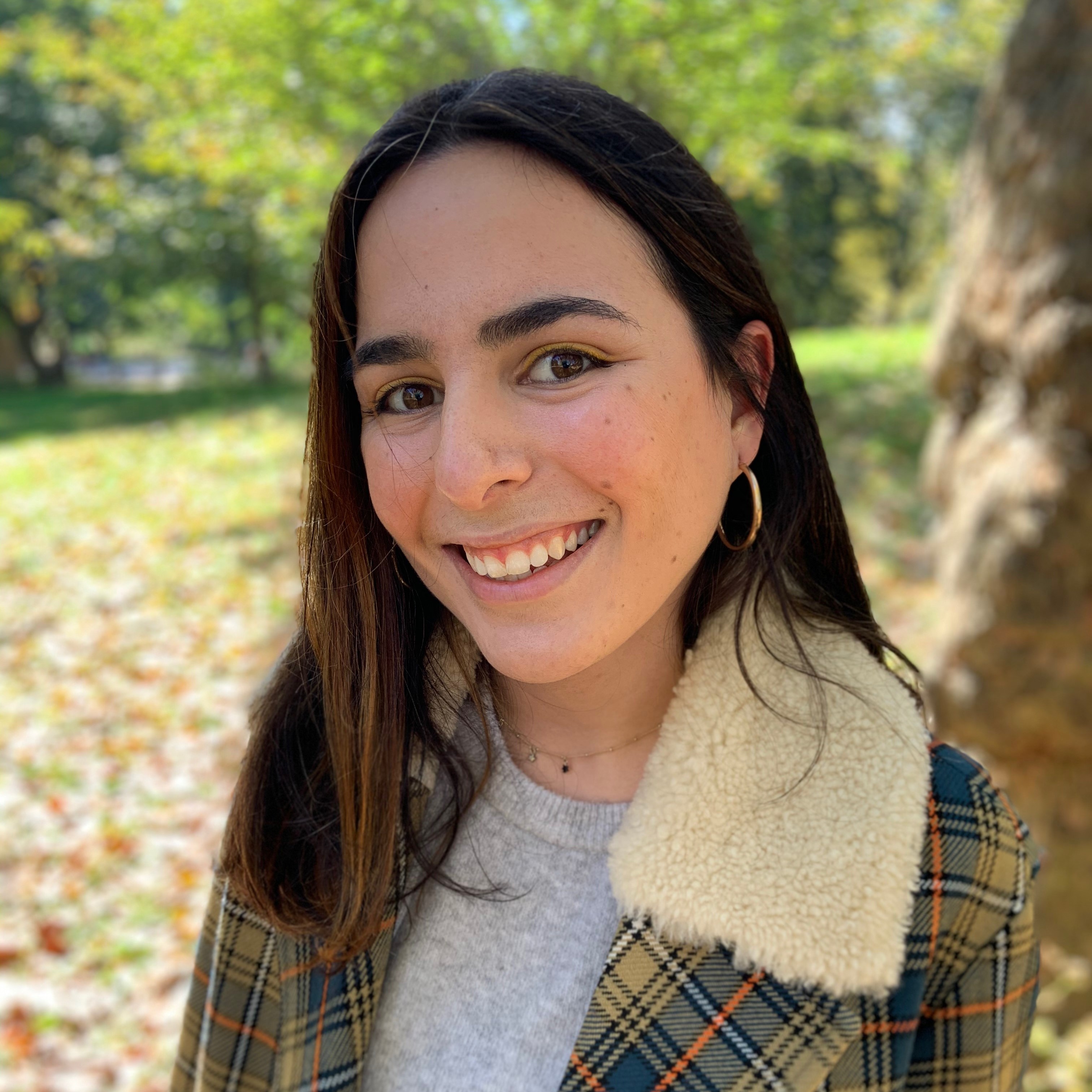
Katelyn Rose Malae (she/her), Department of Sociology
“Men Get What They Can Get and Women Get What They Want”: How Dating Apps Transform Gendered Sexual Scripts Among Young Adults
This dissertation examines how dating apps shape processes of sexual consent and unwanted sexual contact among 120 heterosexual and LGTBQ+ young adults. Recent studies suggest that dating apps allow sexual partners to “cyber date” before meeting in person, creating the opportunity for individuals to communicate their sexual interests and boundaries online before initial meet ups. This research implies that dating apps improve patterns of sexual communication, leading to more affirmative practices of consent (Lundquist and Curington 2019). However, research on gendered sexual violence and unwanted sex indicate that young women and men continue to experience gendered interactional pressures towards sexual activity (such as saving face), which contribute to experiences of unwanted sex (Ford 2018). Moreover, meeting on “hook-up apps,” such as Tinder and Grindr, signals a willingness or interest in sexual activity (Thompson 2018). Therefore, it is likely that for dating app users, gendered interactional pressure for sexual activity is (re)negotiated as people move from digital spaces to in-person meetups. To fully understand how dating apps shape processes of sexual communication, I examine: How does the intersection of gender, sexuality, and college experience shape how young adults communicate, understand, and express sexual interest and consent in the digital context and in-person?
Receiving the Initiative to End Family Violence Fellowship allows me to finish my dissertation on time and contribute to the growing knowledge of feminist research on dating applications and technology-facilitated-sexual violence. This funding also allows me to continue using my research to combat gender and sexuality-based violence by creating protocols for preventing miscommunications/violations of consent in digital contexts and in person.

Merima Tricic (she/her), Department of Urban Planning and Public Policy
A War of Words: Activist Narratives of Sexual Violence and Contested Public Memories in Post-War Bosnia
This dissertation’s main research question broadly inquires: how do activists and policymakers use narrative and embodied performance to construct and submerge public memories of gender-based sexual violence? This dissertation focuses on the following three key themes that emerge from the process of constructing and challenging public memories surrounding sexual violence.
- Narratives and narrative framing in peacebuilding activism
- Embodied narratives
- Spatial mobilization
First, I begin with examining the role of narratives and narrative framing in peacebuilding
activism. I examine the ways that narrative framing is used to mobilize groups about traumatic
wartime memories and to encourage other civilians to participate by establishing diverse activist
frames that they can relate to. Second, I examine the role of embodied narratives, or the ways in
which individuals make sense of their everyday lives through felt experiences and emotions that
are situated from moment-to-moment within and across time and space (Cunliffe and Coupland,
2012). I investigate the embodied nature of narrative to understand the role of narrative in
healing and in the experience of policy conflict. Third, I examine the theme of narratives in
relation to mobilization over space and the complex collective identity interest formation
between invented and invited spaces created by survivor activists. I focus on performed
narratives and examine how they relate to the empowering (or disempowering) nature of spaces.
The funds will be used to translate and analyze interviews that were conducted in Bosnia across 12 organizations serving survivors.
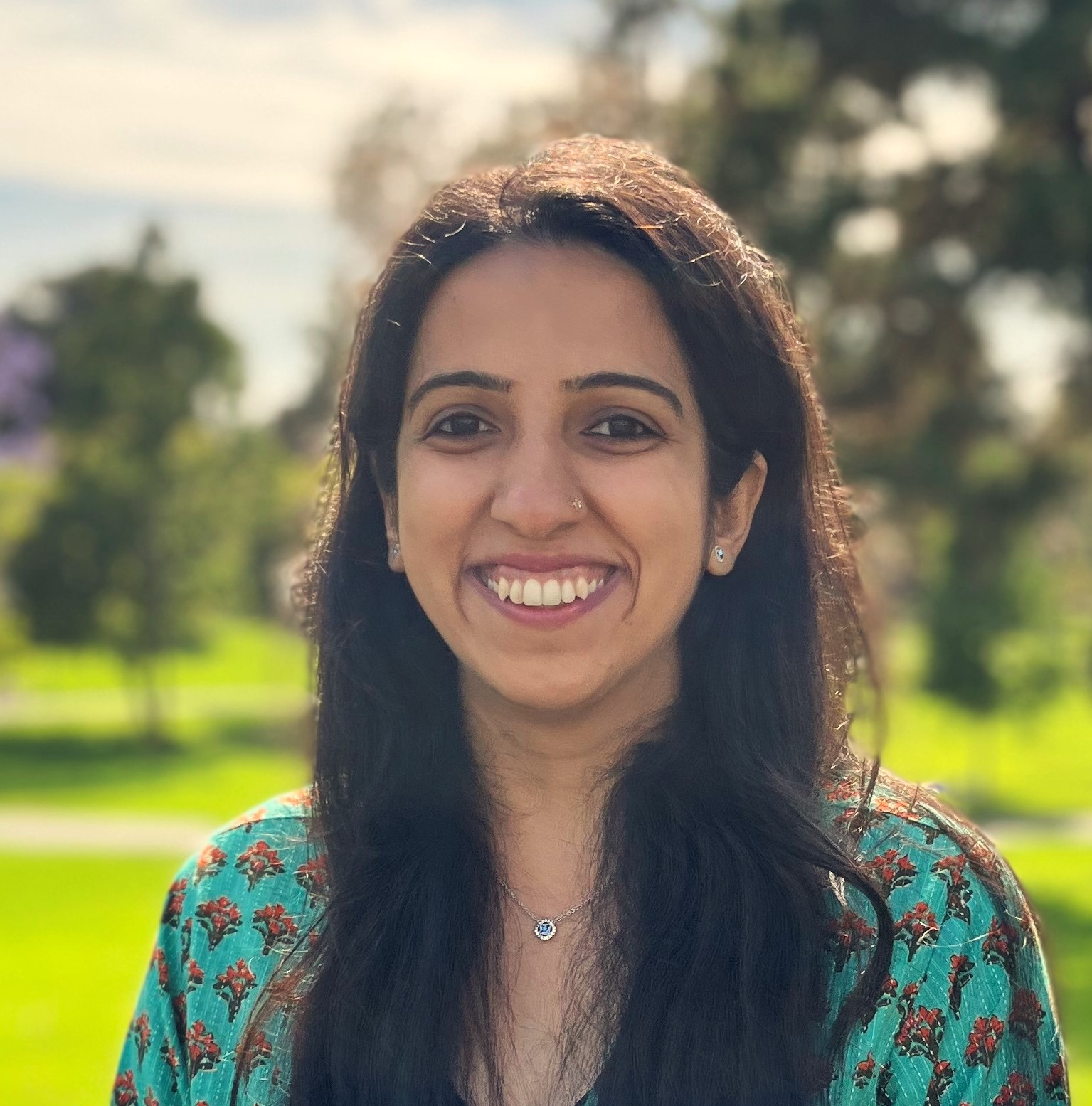
Mahima Vasishth (she/her), Department of Economics
Local Media Reports about Sexual Assaults and Judicial Outcomes in India
Katie M. H. Winks (she/her), Department of Psychological Science
Perceptions of Youth Sex Trafficking Victims: Implications for Identification and EducationKatie’s important multi-study dissertation aims to gain insight in methods of improving identification of youth sex trafficking victims—a population that is comprised primarily of adolescent girls who often experience gender based and familial violence. The first study evaluated frontline medical professionals’ ability to recognize situations highly suggestive of trafficking that are likely to occur in their profession. Results suggest that recognition of risk is high, but recognition of trafficking specifically is low, with some professionals feeling that it is not their job to assess broader vulnerabilities in potential victims. The second study focuses on interaction dynamics between medical professionals and victims from former victims’ perspectives, which provides a rare window into how victims felt when they encountered medical professionals, including how trustworthy victims felt the professionals were. Finally, the third study examined laypersons’ perceptions of trafficked youth, both in terms of whether laypersons recognized trafficking, but also how much responsibility they placed on victims of varying ages and genders. Results of the three studies, in combination, have significant potential to impact policy and practice, particularly in relation to improving outcomes for victimized and vulnerable youth. Katie is actively involved in dissemination efforts to ensure this impact.
